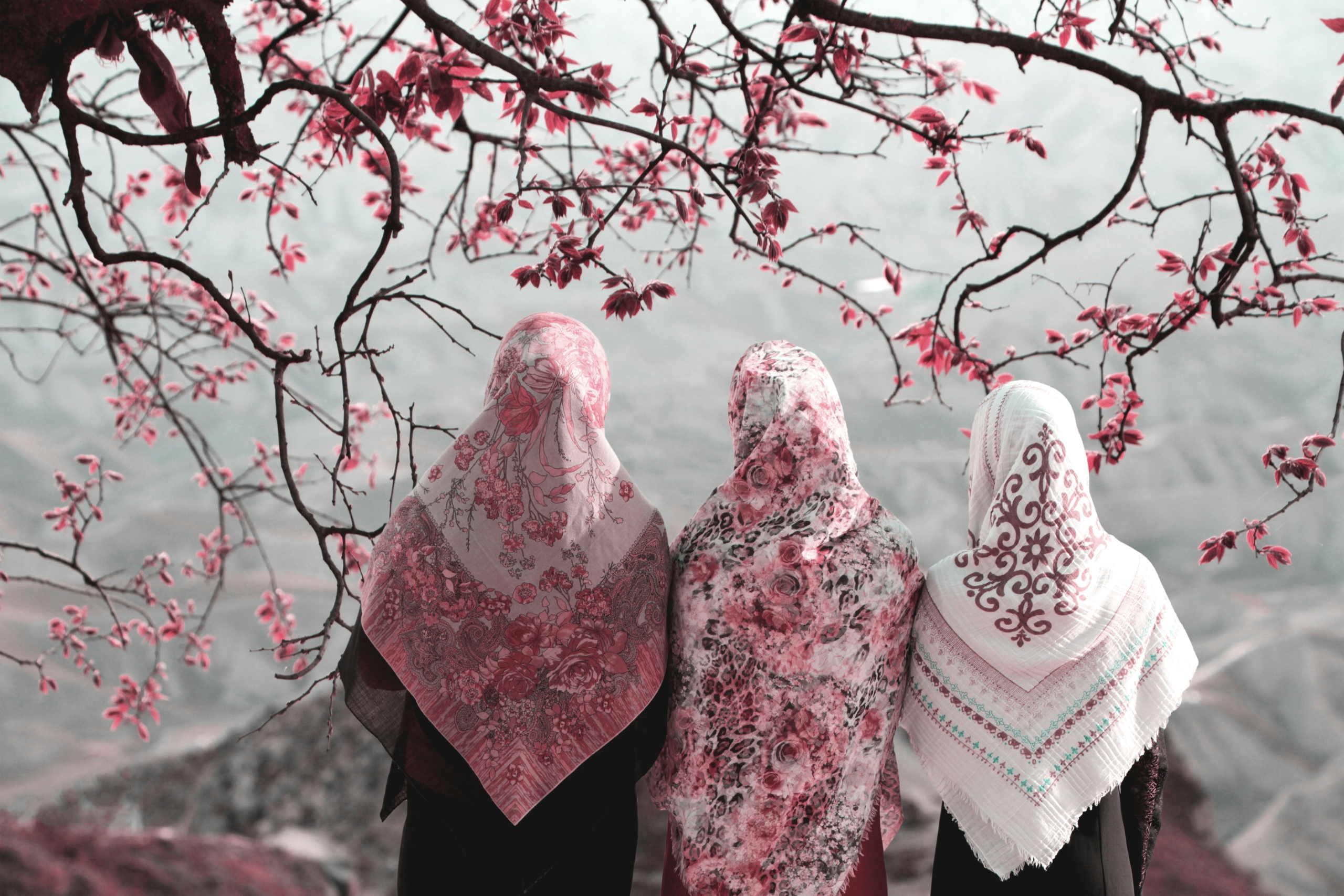Breaking the Silence: Tackling Period Poverty in the Middle East
 Globally, period poverty affects around 500 million women and girls. Worldwide, 1.25 billion do not have access to a safe or private restroom and 526 million do not have access at all. For girls in the Middle East, that first period begins a lifetime of adversity. Period poverty in the Middle East is difficult to quantify due to a lack of data, typically as a result of the taboo and stigma surrounding menstruation in this region.
Globally, period poverty affects around 500 million women and girls. Worldwide, 1.25 billion do not have access to a safe or private restroom and 526 million do not have access at all. For girls in the Middle East, that first period begins a lifetime of adversity. Period poverty in the Middle East is difficult to quantify due to a lack of data, typically as a result of the taboo and stigma surrounding menstruation in this region.
Period Poverty
ActionAid attributes stigma, shame and financial limitations to be at the center of period poverty. Although it manifests itself in other ways too; cultural and environmental circumstances further victimize those who already suffer the devastating consequences of period poverty.
In 2022, the World Health Organization (WHO) called for global recognition of menstrual health to be acknowledged as no longer solely a hygiene concern but also a matter of human and health rights. WHO announced the vitality of those who menstruate to have access to educational resources and readily available sanitation products. The panel concluded that these critical means should be a part of budgets and local and national governments should monitor them.
Inadequate access to menstrual products and sexual health education across the Middle East inhibits the opportunities given to women and girls and drastic wealth inequalities further worsen the situation.
Potentially most potent are the cultural views of women and unrelenting gender inequalities that mean challenges to their menstrual health are often persistent and almost always pervasive to their well-being. Reduced period poverty is vital for the wider reduction of gender inequalities and sexual violence, as well as the promotion of female empowerment.
Cultural Taboos About Periods
Women and girls in the Middle East face systematic oppression under the “male guardianship system,” which further exacerbates gender inequality. Menstruation is considered a culturally sensitive topic in conservative societies such as this.
Period poverty therefore amplifies the already compounded silencing of women across the Middle East and North Africa (MENA) region, and those who stand against discrimination are often subject to harassment or intimidation.
United Nations Population Fund Association (UNPFA) conducted a study involving 69 participants in the Arab States region. As many as 54 participants reporting feeling ashamed, embarrassed or anxious when getting their first menstrual cycle.
One participant said to UNPFA, “I told my mother. She forbade me from eating dinner that night. She gave me soup that I ate alone. I felt I was an outcast. My period every month became an unbearable hell.”
Cultural taboos of menstruation mean women and girls do not have adequate educational opportunities to understand the menstrual cycle fully. In Saudi Arabia, 61% of students believe their teachers talk about sexual health only in a negative way.
This stigma means girls in MENA often feel unable to go to school or have safe conversations about menstruation. One woman told UNPFA: “My mother got married at an early age, and even now she does not even know the basics of the cycle and does not want to learn.”
Displacement Camps in the Middle East
In 2020, displacement camps comprised 3% of MENA’s total population. Period poverty is often more prevalent in these camps due to especially scarce resources. Often, women and girls in these camps have no other choice but to rely on “dirty rags, leaves or even sand” to manage their periods, according to Arab News.
The lack of privacy means women frequently seek out more isolated places to deal with menstruation. However, this presents a new vulnerability – often exposing them to the risk of sexual violence.
In 2019, the United Nations High Commissioner for Refugees (UNHCR) found only 55% of demand for menstrual products in displacement camps was sufficiently met.
With MENA suffering the largest water shortage worldwide, UNICEF recognises the important need for adequate WASH facilities as well as sanitary items, so women and girls can manage their periods safely and with dignity.
Making Progress Through Positive Initiatives
While period poverty in Saudi Arabia and MENA remains prevalent and there is still a lot to do, international bodies and organizations are working on the ground to address it.
UNFPA has been improving access to information and education about menstruation, raising awareness to tackle cultural taboos. As well as this, the organization is distributing “dignity kits” in displacement camps, containing sanitary items, underwear and other female hygiene items to those impacted by humanitarian crises in MENA, according to its website.
A 2016 article by ReliefWeb describes the aid efforts of the humanitarian organization Loving Humanity in Jordan. The organization delivered 12 low-cost sanitary pad machines to Jordan’s Zaatari Camp, which accommodates 80,000 displaced refugees. Each machine can produce 60 pads at a time for only $1. Measures such as these mean women and girls in this camp will have access to clean and safe menstrual products at a low cost.
While there remains much to do, the current trajectory to eradicate period poverty in the Middle East is promising. With ongoing charitable efforts, it is possible to significantly alleviate the barriers that women and girls face during menstruation.
– Sapphire Hope
Photo: Unsplash
